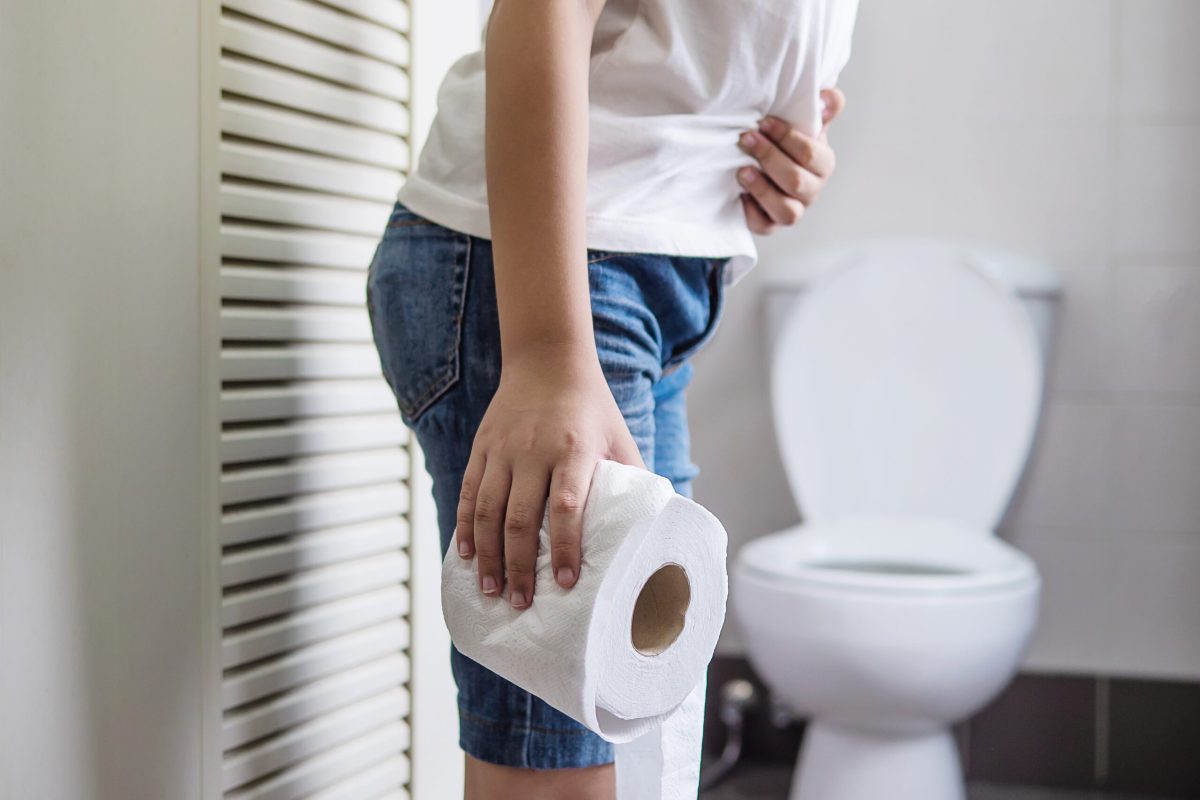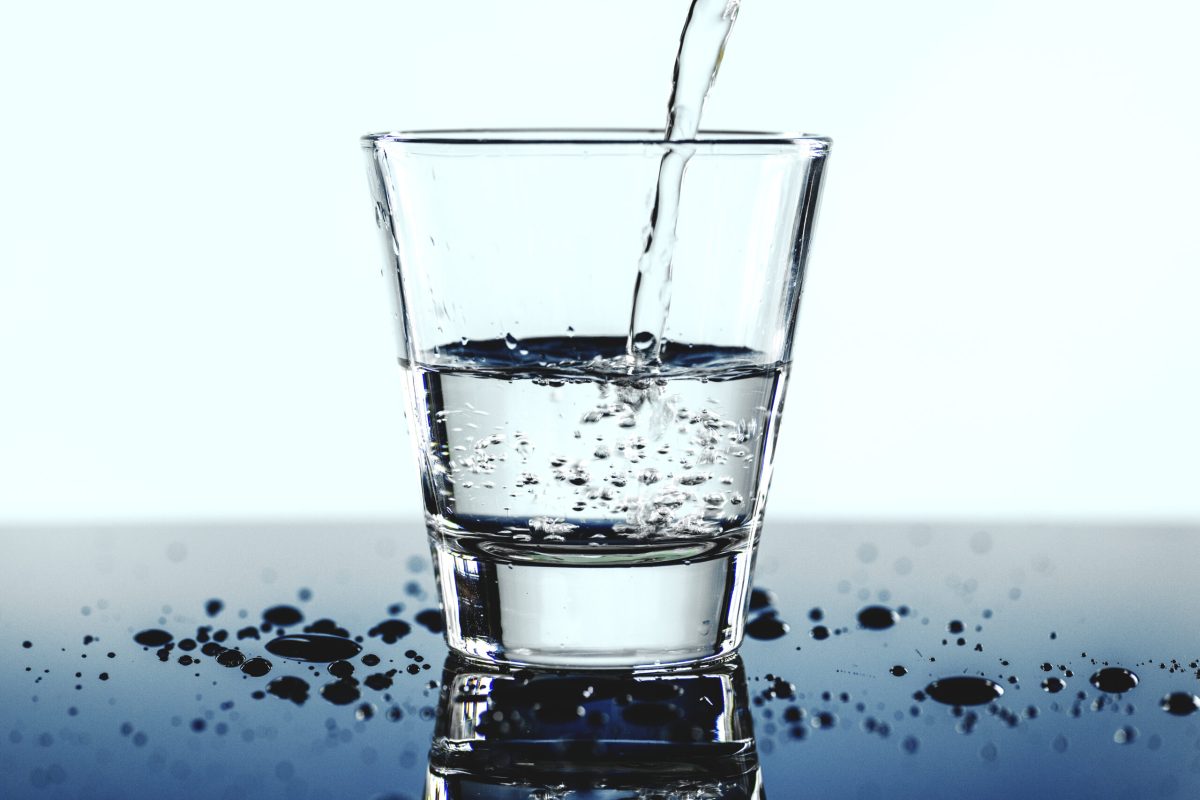
Diarrhea is one of the most common digestive issues that affects millions of people worldwide. It happens when you face loose or watery stools more frequently than usual, and it can be affected by various factors, from infections to food intolerances. While it’s often short-lived, understanding what causes it and how to treat it can help you to get rid of it faster and avoid complications.
In this post, we’ll discover 7 proven ways to tackle diarrhea, so you can find relief quickly and prevent future episodes.
Table of Contents
Toggle1. Identify the Root Cause of Diarrhea
Diarrhea can be caused by different causes.
Here are some common causes of diarrhea:
- Infections: Viruses like norovirus and rotavirus, or bacteria like E. coli and Salmonella, can upset your stomach.
- Food Intolerances: Some people are not able to digest certain foods well, like dairy (lactose) or gluten, leading to diarrhea.
- Medications: Antibiotics and certain supplements can disturb the balance of good bacteria in your gut, that can lead to digestive issues.
- Underlying Medical Conditions: Digestive disorders like irritable bowel syndrome (IBS) or Crohn’s disease can also cause chronic diarrhea.
2. Recognize the Symptoms for Timely Action
Diarrhea often comes up with frequent, loose stools, along with other symptoms like bloating, cramps, and dehydration. It’s crucial to listen to your body and take action when needed. If you notice blood in your stool, a high fever, or diarrhea lasting more than a couple of days, it’s time to seek medical help. These signs show something more serious. Paying attention to your symptoms early can help you manage diarrhea more effectively and avoid further complications.
3. Hydrate to Prevent Dehydration

Staying hydrated is important when you have diarrhea because your body loses a lot of fluids quickly. Drinking water is good, but you also need to replace the lost electrolytes (like sodium and potassium) to stay balanced.
That’s where Oral Rehydration Solutions (ORS) come in—they help in restoring these vital minerals and keep you feeling better. You can also hydrate by intake of foods like soups and broths, which not only provide fluids but are gentle on your stomach while giving you some nutrition.
4. Opt for the Right Diet
When dealing with diarrhea, choosing the right foods is important for recovery. The BRAT Diet – which includes bananas, rice, applesauce, and toast – is light for the stomach and helps firm up stools.
It’s also important to avoid certain foods that can make diarrhea worse, such as dairy products, spicy dishes, and greasy or fatty foods.
Lastly, adding gut-friendly foods like yogurt with probiotics and fiber-rich foods can help restore balance in your digestive system and speed up recovery.
5. Use Over-the-Counter Treatments Wisely
Over-the-counter medications like loperamide (Imodium) and bismuth subsalicylate (Pepto-Bismol) helps to get quick relief from diarrhea. Loperamide helps in slowing down bowel movements, while bismuth subsalicylate reduces inflammation in the stomach.
These can be helpful when you need fast symptom relief, like during travel or if diarrhea is causing discomfort. However, it’s important not to depend on these medications, especially if the diarrhea is caused by an infection. In such cases, treating the underlying cause is crucial, and it’s best to consult a doctor if symptoms persist or worsen.
6. Try Natural Remedies

Natural remedies can provide gentle relief for diarrhea. Here are some easy options:
- Herbal Teas: Drinking ginger tea, peppermint tea, or chamomile can help to relax your stomach and reduce discomfort. Ginger aids digestion, peppermint soothes cramps, and chamomile eases inflammation.
- Probiotics: These “good” bacteria, found in yogurt and supplements, help restore balance in your gut, especially after taking antibiotics or during digestive issues.
- Home Remedies: Simple solutions like eating plain yogurt (for probiotics), taking small amounts of apple cider vinegar mixed with water, or using activated charcoal can help absorb toxins and settle your stomach.
7. Prevent Future Episodes
To help avoid future episodes of diarrhea, must follow these simple tips:
- Good Hygiene Practices: Regular hand washing is essential, especially before meals and after using the bathroom. Also, make sure that food is prepared safely to prevent contamination—this means cooking foods thoroughly and keeping surfaces clean.
- Managing Stress: Stress can affect your digestive system, so find ways to relax. Whether it’s practicing mindfulness, exercising, or spending time on hobbies, managing stress can help keep your gut healthy.
- Avoiding Trigger Foods: Make sure to pay attention to what you eat. Keeping a food diary can help you identify any foods that upset your stomach. Once you know your triggers, you can avoid them to reduce the risk of future digestive issues.
By following these simple tips, you can take proactive steps to protect your digestive health and minimize the chances of experiencing diarrhea again.
Conclusion
In this post, we’ve explored 7 proven ways to understand and treat diarrhea effectively. By identifying the root cause, recognizing symptoms, staying hydrated, choosing the right diet, using over-the-counter treatments wisely, trying natural remedies, and preventing future episodes, you can manage diarrhea more effectively and promote better digestive health.
It’s important to address diarrhea properly, as it can lead to dehydration and other complications if left untreated.
We’d love to hear from you! Share your experiences and tips in the comments below—let’s support each other in achieving better gut health!
FAQs
Diarrhea is characterized by frequent, loose, or watery stools. It can be acute (short-term) or chronic (lasting more than a few weeks).
Seek medical attention if you experience severe symptoms, such as dehydration, blood in your stool, high fever, or if diarrhea lasts more than two days.
Drink plenty of fluids, such as water, clear broths, or oral rehydration solutions (ORS). Avoid caffeinated and sugary drinks, as they can worsen dehydration.
The BRAT diet consists of bananas, rice, applesauce, and toast. These light foods can help firm up stools and ease digestion during recovery.
Diarrhea can be caused by various factors, including viral and bacterial infections, food intolerances, medications, stress, and underlying health conditions.